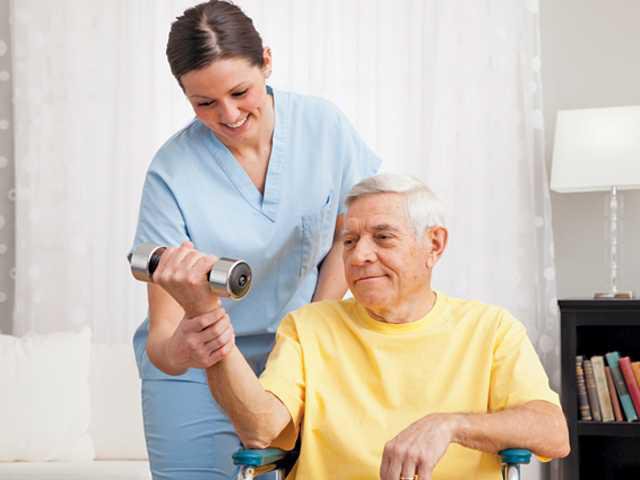ATLANTA — Georgia ranked 40th for senior health this year, according to the second edition of United Health Foundation’s America’s Health Rankings senior report.
Nationwide, seniors are showing encouraging gains in key health measures and taking more steps to improve their own health. Notable gains for senior health include declines in physical inactivity, improvements in quality of nursing-home care, reductions in avoidable hospitalizations and increased preparation for end-of-life care.
“United Health Foundation’s America’s Health Rankings senior report is a valuable tool for measuring and understanding the key challenges and opportunities facing Georgia’s senior population,” said Catherine Palmier, M.D., the shared-services chief medical officer of UnitedHealthcare’s east region. “With the senior population expected to double in size in the next 25 years, it is important that we develop effective programs and solutions that address seniors’ health needs in Georgia and nationwide.”
Georgia’s overall health
The report finds that Georgia has its share of strengths and challenges.
Georgia’s strengths:
• Low prevalence of obesity
• High percentage of health screenings
• High use of hospice care
Georgia’s challenges:
• Low percentage of quality nursing-home beds
• Limited availability of home-health-care workers
• High percentage of seniors living in poverty
50-state snapshot
According to the report, Minnesota is the healthiest state for seniors for the second year in a row. Hawaii ranks second, followed by New Hampshire (3), Vermont (4) and Massachusetts (5). Mississippi is the least-healthy state for seniors, followed by Louisiana (49), Kentucky (48), Oklahoma (47) and Arkansas (46).
To see the rankings in full, go to www.americashealthrankings.org/senior.
The report also shows that seniors are more active compared to last year, with physical inactivity declining from 30.3 percent of the senior population to 28.7 percent.
Other notable gains for senior health include a reduction in preventable hospitalizations — dropping from 66.6 discharges per 1,000 Medicare beneficiaries to 64.9 discharges — and improvements in nursing-home care, with quality nursing-home beds rising from 42 percent of beds rated four or five stars to 46.8 percent.
With the senior population poised to double in the next 25 years, states and local communities should continue to address unhealthy behaviors that threaten to compromise seniors’ health.
More than 35 percent have four or more chronic conditions, while more than 25 percent of seniors are obese and 28 percent are inactive.
Older adults will account for roughly 20 percent of the U.S. population by 2030, according to the Center for Disease Control and Prevention, making these challenges urgent.
“This year’s report shows important improvements,” said Rhonda Randall, D.O., senior adviser to United Health Foundation and chief medical officer and executive vice president of UnitedHealthcare Retiree Solutions. “Declines in physical inactivity are especially promising. We, as a nation, need to continue promoting healthy behaviors among seniors and work with states and communities to improve the health of this growing demographic.”
Georgia ranks 40th in elder's health


Sign up for our e-newsletters